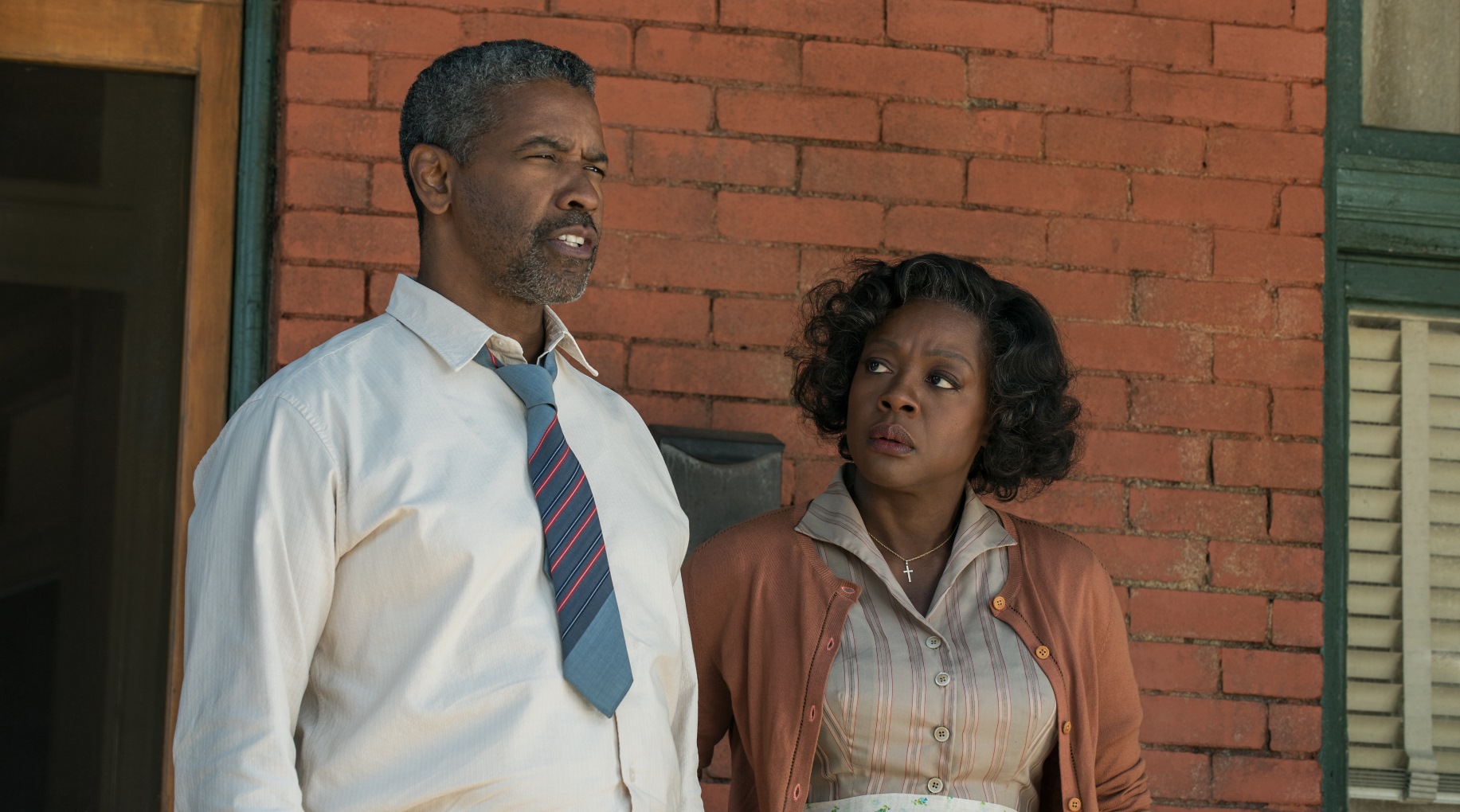12DOVE Verdict
Denzel Washington and Viola Davis excel in a well-crafted drama that’s sure to bring the late August Wilson’s words to a much wider audience.
Why you can trust 12DOVE
Three decades on from its Broadway premiere, August Wilson’s Pulitzer-winning play finally arrives on the big screen with its two leads – Denzel Washington and Viola Davis – reprising their Tony-grabbing performances from a 2010 revival that was one of New York’s hottest tickets.
Small wonder the film, which Washington also directs, exudes brio and authority, most of it emanating from the actor’s powerhouse portrayal of a garbage collector in 1950s Pittsburgh who takes out his frustrations on his family.
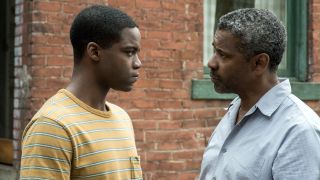
Garrulous, grandiloquent and fond of his gin, Troy Maxson was once a baseball player in the so-called Negro leagues that briefly flourished between the wars. But his career never took off, leaving him angry, resentful and only too ready to crush his son’s own hopes of a career in sports.
He has, laughs friend and co-worker Bono (Stephen Henderson), “More stories than the devil got sinners.” But he also has a secret: a marital betrayal that, when disclosed, threatens to destroy the slender equilibrium between him and long-suffering wife Rose (Davis).
Washington has some great scenes in Fences. There’s the moment when he takes youngest son Cory (Jovan Adepo) to task, answering his accusations of parental neglect with a cutting, “Who says I got to like you?” Then there’s the scene where he upbraids “Mr. Death” during a lightning storm, furiously scolding the Grim Reaper for daring to take away a loved one.
Yet there’s nothing here to match Davis’ reaction to discovering Troy’s adultery, a howl of rage that brings the movie to a shattering emotional crescendo. The problem is that it comes two-thirds of the way in, delivering a knock-out punch when there are still some rounds to go.
Equally problematic is Troy’s brother Gabriel (Mykelti Williamson), a brain-damaged former soldier whose habit of wandering in and out of the story to deliver savant-ish words of wisdom continually reminds us this is a product of the stage.
The same might be said of Washington’s reluctance to move the action away from Troy’s house and the cramped yard behind it: a sign of deference to the play’s late creator that contrasts strikingly with his assuredness in front of the camera.
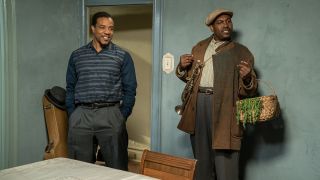
Yet as a record of what may have been its definitive theatrical treatment, Fences is tough to fault. And it’s heartening to find a cinematic release so celebratory of the spoken word, especially at a time when bombastic effects and splashy visuals are so much to the fore.
At one point, Troy tells Cory that he’s “got to take the crookeds with the straights”. Audience members should heed that advice and accept there’s a lot of meandering en route to Fences’ powerfully memorable flashpoints.
Neil Smith is a freelance film critic who has written for several publications, including Total Film. His bylines can be found at the BBC, Film 4 Independent, Uncut Magazine, SFX, Heat Magazine, Popcorn, and more.
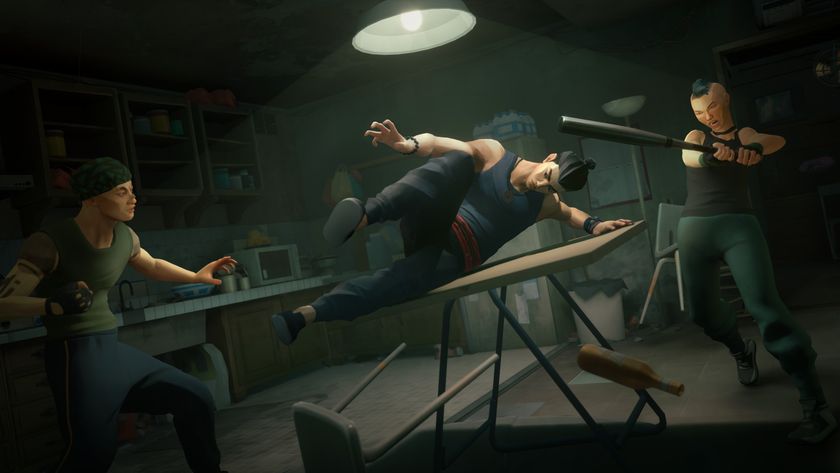
A Sifu movie is in the works at Netflix from the John Wick director
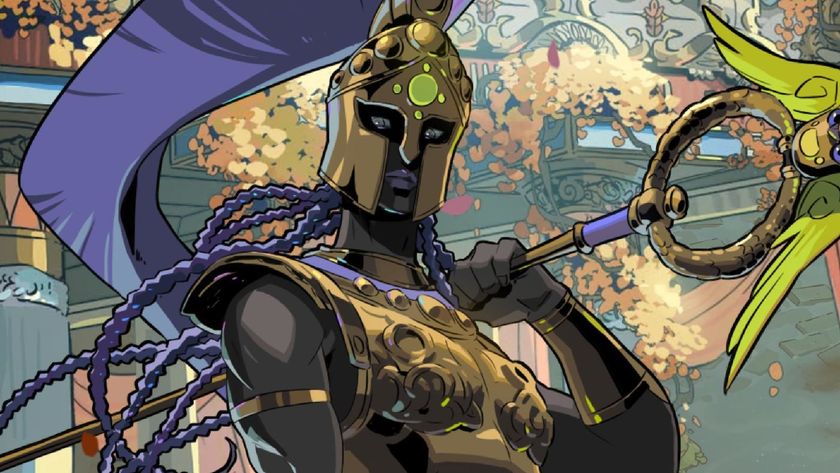
Hades 2 devs say "we have not recast any of our characters" in the roguelike amid concerns during the ongoing SAG-AFTRA video game strike
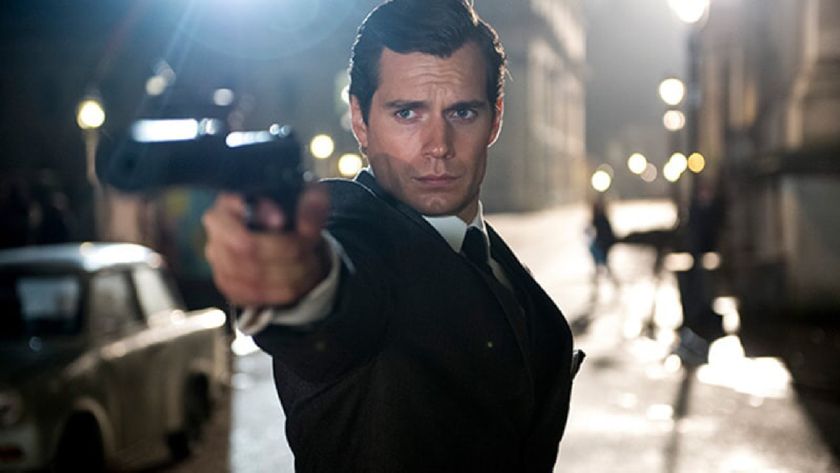
After Amazon lands control of James Bond, Jeff Bezos turns to social media for ideas with predictable results as stans of all kinds swarm his replies: "Who’d you pick as the next Bond?"
Most Popular




